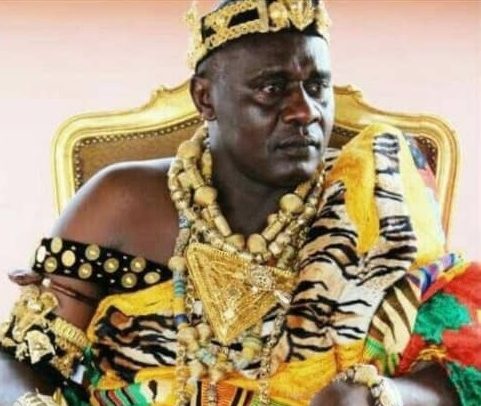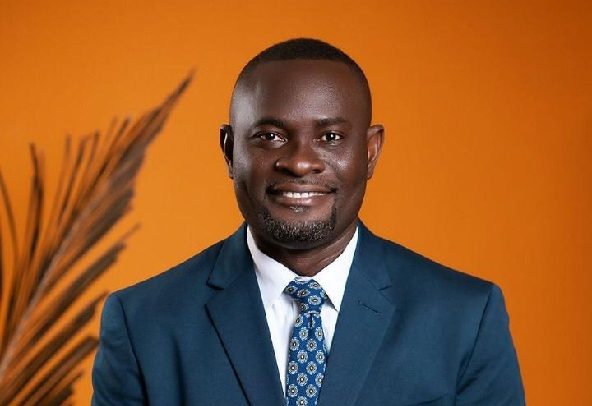
It was a week of dramatic occurrence -- the short passage to eternity of two contrasting (in manners and lifestyles) Nobel laureates. One of literature, V.S. Naipaul and the other of peace, Kofi Annan. Yet how least contrasting their lives stand in death.
A mid-octogenarian at eighty-five and the other newly attained only to pass on months after, both were ‘subjects’ of British colonial rule in their youth. Naipaul the Indian was born into family hardships in the Trinidad of the Caribbean and as a teenager always wanted to live, in his own words, a better civilization in England. Of Annan whose aristocratic background taught him African values which became of much use when he left Kumasi to Macalester College in the twin city of St. Paul’s and Minneapolis; a youthful journey that would be good for the world. In adult life these values he said in his 2007 Nelson Mandela Memorial Lectures of which Mandela did the introduction, were still abiding with him.
Naipaul used the English language which he had studied at Oxford when he finally made it to his dreamt ‘civilization’ to enrich the establishment culture. He wrote some of the masterful novels: A Bend in the River, The Enigma of Arrival and A House for Mr. Biswas. Even critics that included Chinua Achebe (worried of his disrespect of the colonies) and CLR James who said Naipaul wrote about the dispossessed in terms in which whites dared not but were happy that he did. They still had some regard for his craft including the caustic non =–fiction such as, India: A Wounded Civilization (the India Prime Minister mourned his passing) and An Area of Darkness.
Kofi Annan used the same language for higher course of peace promotion and greater humanitarian work. He chose his words with precision and with the heart of human kindness. When he got angry once, it became news at the UN and it had to do with a reporter’s rude question on a third occasion of which he asked him to sit down at a press conference.
The nearest I ever did to meeting Naipaul in person was somewhere in 2010. I got a mail from a Princeton University philosopher asking if I could work with Naipaul on his travel book, The Masque of Africa his last impression of the continent including Ghana. From an initial trepidation of what informal private conversation, canny observations he could turn into graffiti of enormous inferences, possibly observation mockery, I was still eager to see him come from Ivory Coast where he had decades ago written the Crocodiles of Yamoussoukro. He would in The Masque of Africa describe the city’s basilica as “vain glory”. That I did not eventually meet him had to do with time and parallel travels.
Kofi Annan, I had known better and even worked with a UK University on a lecture he gave and his opening of its African Studies Centre. Twice I met him at his UN office and it was elevating when he spoke Twi with me in the company of my colleagues' international visiting fellows who were more than intrigued. I was also commissioned to write a cover story by the New African in London when he won the Nobel Prize and as well, reviewed two books-by and of him for The Royal Institute of International Affairs- Chatham House.
He loved art and promoted it with his artist wife. They inspired with their presence in 2000, Wall to Wall- Art and the artists of Sirigu in northern Ghana when the World Art Foundation and the Sirigu Women Organisation for Pottery and Art held their exhibition; the Artists Alliance Gallery at Lababdi which he officially opened and other ventures.
I have wondered over the last couple of days whether Naipaul and Annan ever met at the Nobel Alumni meetings in Stockholm and if they did, what they conversed about – one, almost a deviant of the other cultural pose and Annan, who spoke in velvet tone and with innocent looks of God’s envoy of diplomacy!
Then I thought again: distinguished individuals who have engaged and devoted time to multilateralism and humanity sometimes reconciled with the arts more meaningfully and could be participants of leisure creation- of literature, visual art and music. John Maynard Keynes, the great British economist when working on the creation of the Bretton Woods institutions, was seriously engaged as chair of the Committee for Encouragement of Music and the Arts, later called the Arts Council of England and its growth.
Conor Cruise O’Brien the Irish intellectual once with the University of Ghana who became a Special Representative to the UN Secretary-General, Dag Hammarskjold in the Congo, wrote the classic play, The Murderous Angels on the Congo crisis of 1961. President of the World Bank, James Wolfensohn at the time of his reforms delighted in chairing the Kennedy Centre, the dominant high arts and culture hub among the elite in America’s capital.
So is the poetry of the top Indian diplomat and former Commonwealth Secretary-General – Kamalesh Sharma, a measured approach to challenges of global events in his Mille Fleurs: Poetry from Around the World (a poet of gentle happenstance) in his near reach in diplomatic stature to Annan’s. Naipaul and Annan could possibly be closer than I think.
The world is really a transit! And Naipaul was not rude to the bone in all life but philosophical in bouts of good times. This phraseology of his is wonderful: “The world is what it is; men who are nothing, who allow themselves to become nothing, have no place in it.”
Kofi Annan’s life (human flaws notwithstanding) was grace-full and he got his honour. He allowed himself to become exceeding more than nothing; with world problems upon his shoulders till the end in sleep-death. He can only rest eternally in the year of the centenary birth of Nelson Mandela who nick-named him, ‘My boss.”
Read Full Story






















Facebook
Twitter
Pinterest
Instagram
Google+
YouTube
LinkedIn
RSS